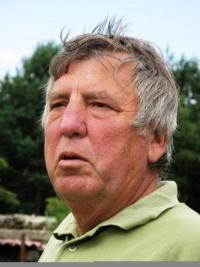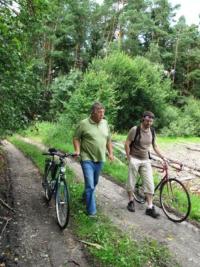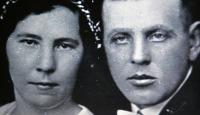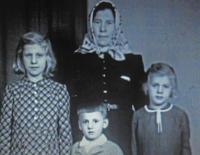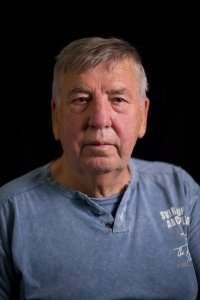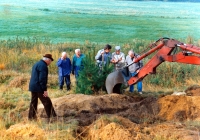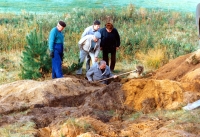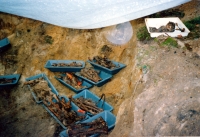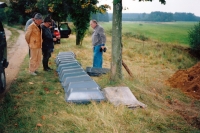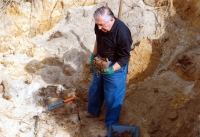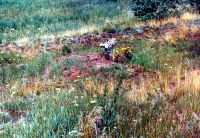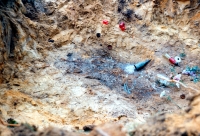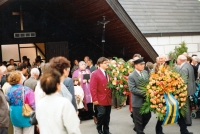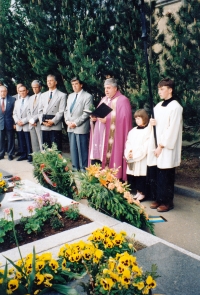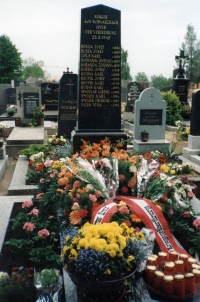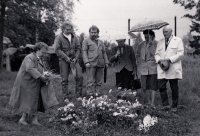There was a lady, some Ms. Chmelař, a great revolutionary she was... She was running up and down the village shouting: Shoot the men and trample their women with kids in the mud!
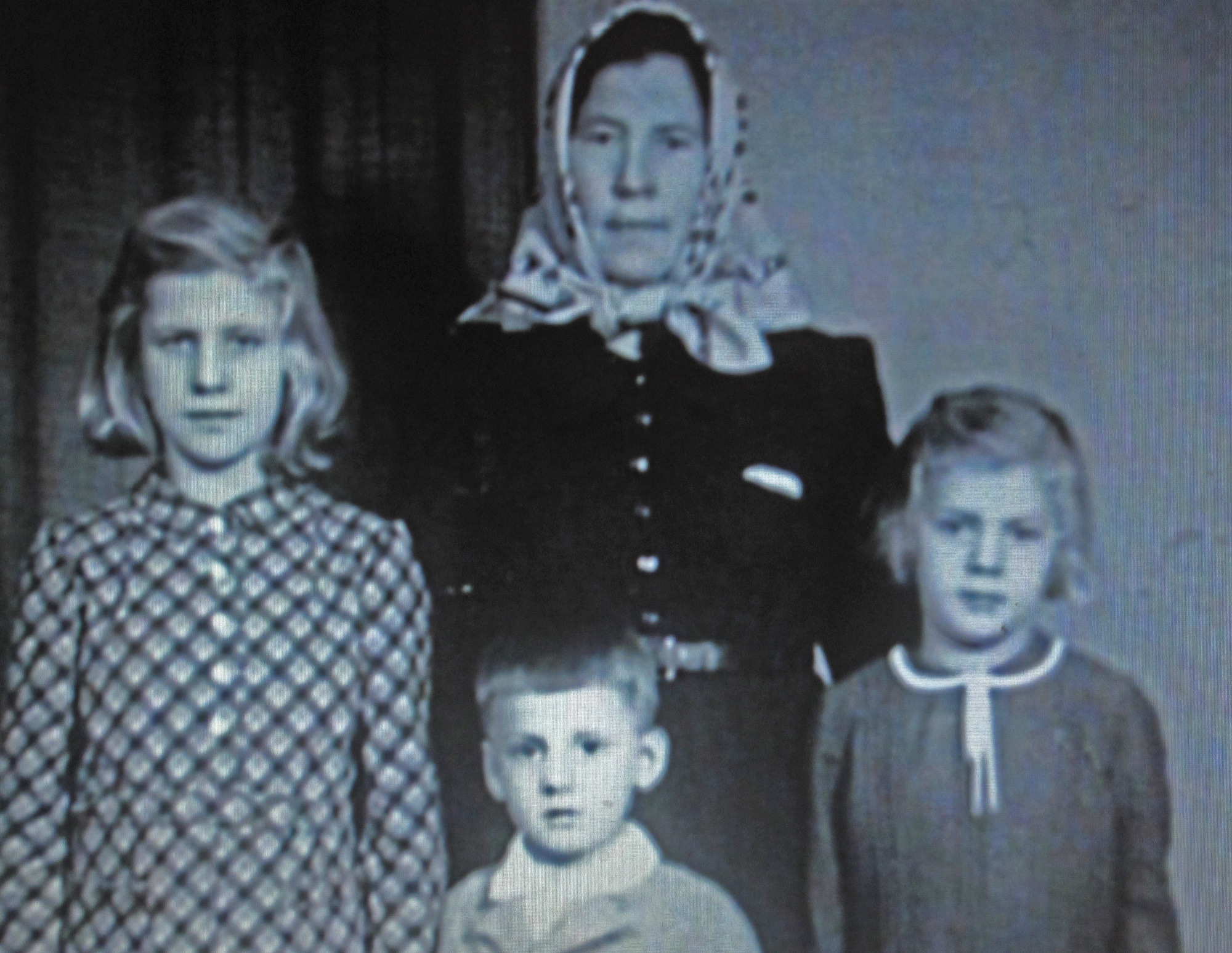
Stáhnout obrázek
Ferdinand Korbel was born in 1944 in the village of Tust in Southern Bohemia into a nationally mixed family. His father, Josef Korbel, was educated in German but he also spoke Czech. His mother was Czech by origin. On May 24, 1945, Josef Korbel was shot dead together with thirteen other villagers who had previously applied for German nationality. The execution was preceded by „a people´s court ruling“ but it can be taken for plain murder. On the very same day, the Revolutionary Guard members, assisted by Colonel Hobza´s guerillas expelled Ferdinand, his mother, his sisters, and other citizens of Tust into Austria. In March 1946 the Korbels took advantage of the Czechoslovak authorities‘ call for the return of expellees, and moved back home. After the war they were permitted nothing but second class livelihood. Ferdinand trained as a lathe operator, and eventually graduated from an evening vocational school. After 1989, he got half of his family property back, but he had to pay for the other half as well as the necessary repairs. He systematically collects documents about the history of his family and other villagers slaughtered in Tust in May 1945.In 2021, Ferdinand Korbel lived in Tušť.
